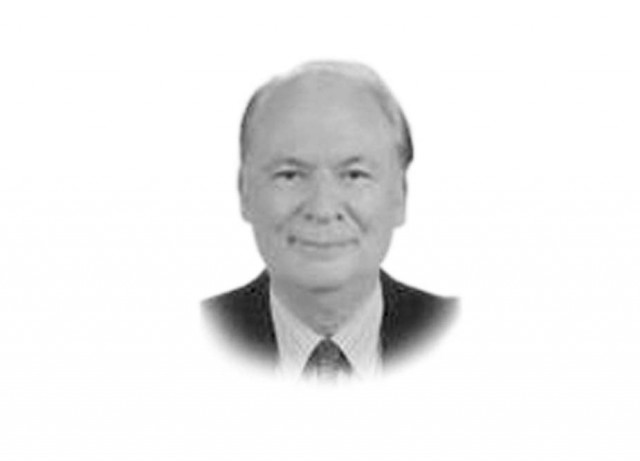Is it time to change political systems?
Other than enlightened despotism and military rule, presidential system is perhaps the only proper way forward

The parliamentary structure in Pakistan is infested with problems, some of which are shared by the eastern neighbour. To start with, the country is plagued by a feudal and tribal structure where candidates are returned from captive constituencies and politicians from smaller parties indulge in horse-trading and switch political loyalties at the drop of a hat. A startling example of this incongruity is represented by Fazlur Rahman of the JUI-F, who always managed to bargain for additional ministries. In the parliamentary system, the registered voters get only one chance every five years to select a candidate for the National Assembly and the MNAs of the majority party, in turn, get to choose who should be prime minister.
In the presidential system, the registered voters can choose their candidate for a president directly, in addition to voting for the person they would like to see in the legislature. The president subsequently becomes head of the executive and head of state, and so the voters enjoy more influence than they would do under the current system. In previous elections in Pakistan, it was not uncommon for the losing party to appeal to the military or the judiciary to oust the wining party. In the United States, the executive is elected and the legislature cannot, in normal circumstances, dismiss the president, except in extremely rare cases through impeachment. An obvious advantage of the presidential system is that the leader is free from the blackmail exerted by the smaller parties and independent candidates, which occurs in South Asian democracies. The presidential system has certain flaws as demonstrated in certain African and South American countries where the arrangement has regressed into a dictatorship.
One of the biggest flaws in the parliamentary system is that cabinet ministers are invariably chosen from the party in power, irrespective of their competence and level of education and experience. On the other hand, under the presidential system, the president is not hampered by such considerations and is free to choose his cabinet by inducting really competent, experienced and deserving people from the public into the government. A farce in the parliamentary system as practised in Pakistan is the special quota for women, partially inhabited by the wives and sisters of successful MNAs, who sat mute and tight-lipped when the case of Mukhtaran Mai was discussed and the condemnation had to come from the head of the Jamaat-e-Islami, the late Qazi Hussain Ahmed, and Sherry Rehman of the PPP. Not all the women are devoid of talent. The best National Assembly speaker in recent times was Dr Fehmida Mirza of the PPP, who presented a startling contrast to her predecessor Chaudhry Amir Hussain. The switch-over to a presidential system will be fiercely opposed by the current set-up, which will stand to lose a great deal. But other than enlightened despotism and military rule it is perhaps the only proper way forward.
Published in The Express Tribune, November 9th, 2014.
Like Opinion & Editorial on Facebook, follow @ETOpEd on Twitter to receive all updates on all our daily pieces.












1724319076-0/Untitled-design-(5)1724319076-0-208x130.webp)


COMMENTS
Comments are moderated and generally will be posted if they are on-topic and not abusive.
For more information, please see our Comments FAQ